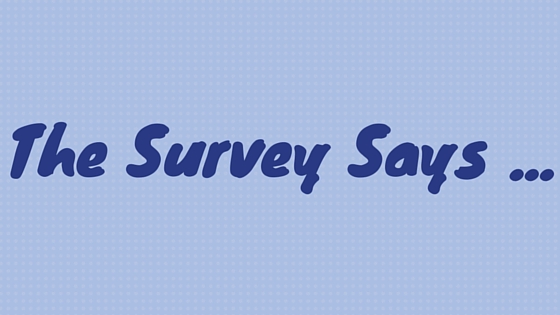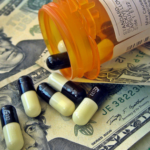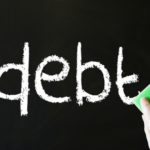More than twice as many individuals are doing financially better now than they were two years ago compared with those who are doing worse, but about half of those surveyed by Bankrate.com are doing the same, according to a report published today.
A low unemployment rate and an economy that is hitting on all cylinders have helped some individuals improve their financial standing in the two years since President Trump was elected, but those improvements are largely affecting individuals who are white, who were already high-income earners, and those who are Republicans, according to the survey results.
Compared with two years ago, 38% of individuals said their financial situation is better today, while 17% said it was worse and 45% said it was the same.
“Ultimately, a rising economic tide lifts many boats. It does not lift all of them,” said Mark Hamrick, senior economic analyst at Bankrate. “The economy is paying dividends for many Americans, but there are still many people and pockets of the U.S. economy that are hoping for those dividends to appear.”
Breaking the data down by political affiliation reveals stark differences in how Republicans and Democrats view their financial situation. Sixty percent of Republicans said their financial situations are better now than two years ago, compared with only 29% of Democrats, while only 9% of Republicans said their situation was worse, compared with 23% of Democrats.
“At the end of the day, people know what they have in their pocket, they know how they’re doing, and you can’t fool them,” said Diane Swonk, chief economist of Grant Thornton. “You can’t say the economy is better than it is. You can’t just say it’s worse than it is to them. It just is, and right now it’s better for most of them. Even if it’s not where they want to be, it’s better than it was.”
Among those earning at least $75,000 a year, 54% said they are doing better now compared with two years ago, while just 21% of those who earn less than $30,000 a year could make the same comment. Only 8% of those earning $75,000 a year said they were doing worse, compared with 27% of those earning under $30,000 a year.









